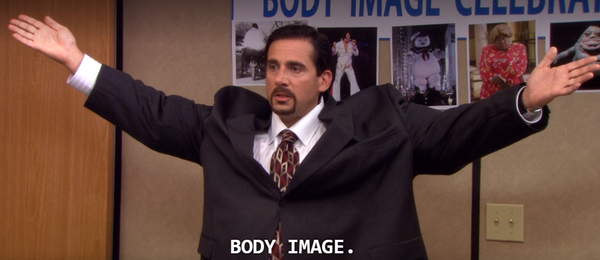The complexity of female characters in modern media is a constant battle, both literal and figurative; the “strength” of these women is limited to their ability to actually fight. A woman is only “strong” if she can defend herself, if she is cold-hearted and one-track-minded. Female characters in movies, television and novels are also at risk of “losing” their strength by falling in love, for when they fall prey to the behaviors and personalities typically attributed to women, they can no longer be viewed as truly “strong.”
But Diana Prince in the new “Wonder Woman” film defies these expectations and stereotypes. Although she is strong in the physical sense, able to overpower every mortal man in her path and literally deflect bullets with her own body, she is also optimistic, hopeful, fearlessly compassionate. She believes in peace and in helping others above all else, oftentimes putting herself and her greater mission at risk. She is intelligent, well read and well educated.
She is complex in that she is not perfect – her naivety, boundless optimism and yearning to help and save everyone put her at risk and cause her to lose sight of the bigger picture. She sees the world as easily split into good and evil, and struggles to grasp the idea that humans can be both, and that even despite their evil they may still be worth saving. She falls in love. She experiences loss and grief. She cries, on screen.
These things may seem trivial, but when we consider the female characters that have made it onto our big screens – especially in high-profile action and comic movies – these are rarities. Women are limited to very succinct roles: the damsel in distress; the emotionless fighter; the love interest. Diana Prince is none of these things, and despite her status as a demigod, she is relatable and real for women watching. “Strong” women aren’t allowed to be emotional, and yet that’s exactly what Diana is – she is driven by her own fierce love and loyalty, by a code of honor that centers around protecting those who cannot protect themselves. These are never qualities she is shunned or demoralized for; rather, these are her greatest strengths.
Directed by a woman, the film does not portray her as a sex object but simultaneously does not deny her beauty. She is not scantily-clad and there are no overt close-ups of her boobs or butt; there is no moment where her attractiveness is more important than her mission, nor are her abilities questioned by any of the men with whom she works and interacts. She is accepted as the strong, powerful, kind and passionate woman she is, and the men in the film never seek to stand in her way, but rather serve as her support as the story continues to unfold.
Diana Prince is important not only because she is one of the few female superheroes in our universe, but also because in an era that claims to be more open to women, we still have actresses expressing their dismay over the lack of complexity on-screen women are given. A plethora of female characters does not make them good or valuable female characters for women and girls to look up to. Diana is strong, yes, but she is also vulnerable, and her story shows young girls that falling in love and being loved in return does not make you weak but rather can give you immense strength.



















